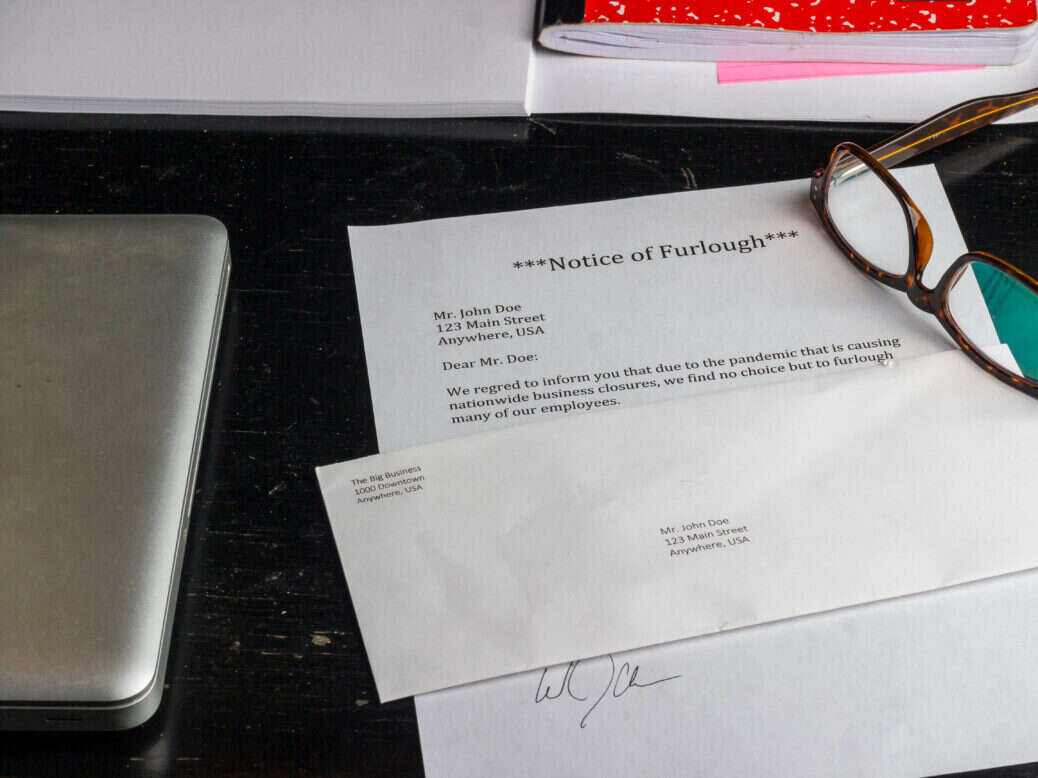
UK news publishers including The Guardian, ITN and Economist collectively took between £390,000 and £1.18m from the Government’s Covid-19 furlough scheme in December.
JPI Media, the UK’s third biggest regional news publisher, was the largest beneficiary receiving between £100,000 and £250,000 from the job retention scheme.
The Scotsman and Yorkshire Post owner was bought on 31 December for £10.2m by former Local World boss David Montgomery who has begun implementing a new localised strategy for the group.
The next biggest recipients of furlough cash in December were The Guardian, Archant and Midland News Association which all received between £50,000 and £100,000.
The Guardian instigated plans in July to cut 12% of its workforce as it expected a £25m revenue hit because of the Covid-19 pandemic. Advertising, Guardian Jobs, physical events and print were the hardest hit areas of the business and at that time about 100 staff were on furlough.
At the time it said the endowment fund which underwrites its losses had shrunk from £1.013bn to £954m.
See below full list of UK media companies that used the furlough job retention scheme in December
City AM, which put its print edition on hold in April last year and is still waiting for commuters to return to London, and Newsquest, the UK’s second biggest regional publisher, each claimed between £25,000 and £50,000 in December.
Others who used the scheme earlier in the year but did not in December include Mirror, Express and Star publisher Reach, PA Media, and the Evening Standard.
Before December HMRC was legally unable to name companies who had received furlough payments, even under Freedom of Information, because of taxpayer confidentiality rules under the Commissioners for Revenue and Customs Act 2005.
[Read more: Covid cash concealed as Govt refuses to reveal recipients of £41.4bn in furlough payments]
However HMRC is now required to name on a monthly basis the employers who have claimed cash and how much within various banded ranges, starting with December’s figures.
This is due to a Treasury direction made under the Coronavirus Act 2020 in November when the furlough scheme was extended.
Under the scheme, the Government pays 80% of an employee’s wages for hours they do not work while on furlough. Employers do not have to top up salaries to 100% but some have done so to help lower-paid staff.
Daily Mail, Metro and i owner DMGT and Sun and Times publisher News UK are among the companies that chose not to use the scheme at any point.
[Read more: Telegraph follows Spectator to pay back furlough money after subscriptions reach 500,000]
The Telegraph, Spectator and magazine publisher Future all took cash at the start of the pandemic but handed it back when their businesses continued to do better than expected.
See below a full list of UK media companies that used the scheme in December. Some companies appear more than once with multiple subsidiaries; we have listed them all for the sake of completeness.
National press
- Guardian: £50,000-£100,000
Local press
- JPI Media: £100,000-£250,000
- Archant: £50,000-£100,000
- Midland News Association: £50,000-£100,000
- City AM: £25,000-£50,000
- Newsquest: £25,000-£50,000
- Baylis Media: £10,000-£25,000
- Highland News and Media: £10,000-£25,000
- Independent News and Media (owner of Belfast Telegraph): £10,000-£25,000
- Irish News: £10,000-£25,000
- KM Media Group: £10,000-£25,000
- Tindle Devon Newspapers: £10,000-£25,000
- Gazette Newspaper Group: up to £10,000
- Holderness Newspapers: up to £10,000
- Iliffe Media Group: up to £10,000
- Iliffe Media: up to £10,000
- Iliffe Media Publishing: up to £10,000
- New Milton News and Media (also Iliffe-owned): up to £10,000
- Newbury Weekly News (bought by Iliffe Media in 2019): up to £10,000
- Post Newspapers: up to £10,000
- Southwark News: up to £10,000
- Stratford News and Media: up to £10,000
- Tindle Newpapers: up to £10,000
[Read more: UK local newspaper sales hard-hit by pandemic with dailies down by average of 18%]
Broadcast
- Bauer Media Audio: £10,000-£25,000
- Global Radio: up to £10,000
- ITN: up to £10,000
Online media
- Vice: up to £10,000
Magazines
- The Economist: up to £10,000
- Chelsea Magazine Company: up to £10,000
- Immediate Media Bristol: up to £10,000
- Immediate Media London: up to £10,000
- Positive News: up to £10,000
B2B
- William Reed: £10,000-£25,000
Specialist news
- Haber Weekly Newspaper: up to £10,000
- Hamodia Newspaper: up to £10,000
- Jewish Telegraph: up to £10,000
- The Stage: up to £10,000
Picture: Shutterstock
Email pged@pressgazette.co.uk to point out mistakes, provide story tips or send in a letter for publication on our "Letters Page" blog
